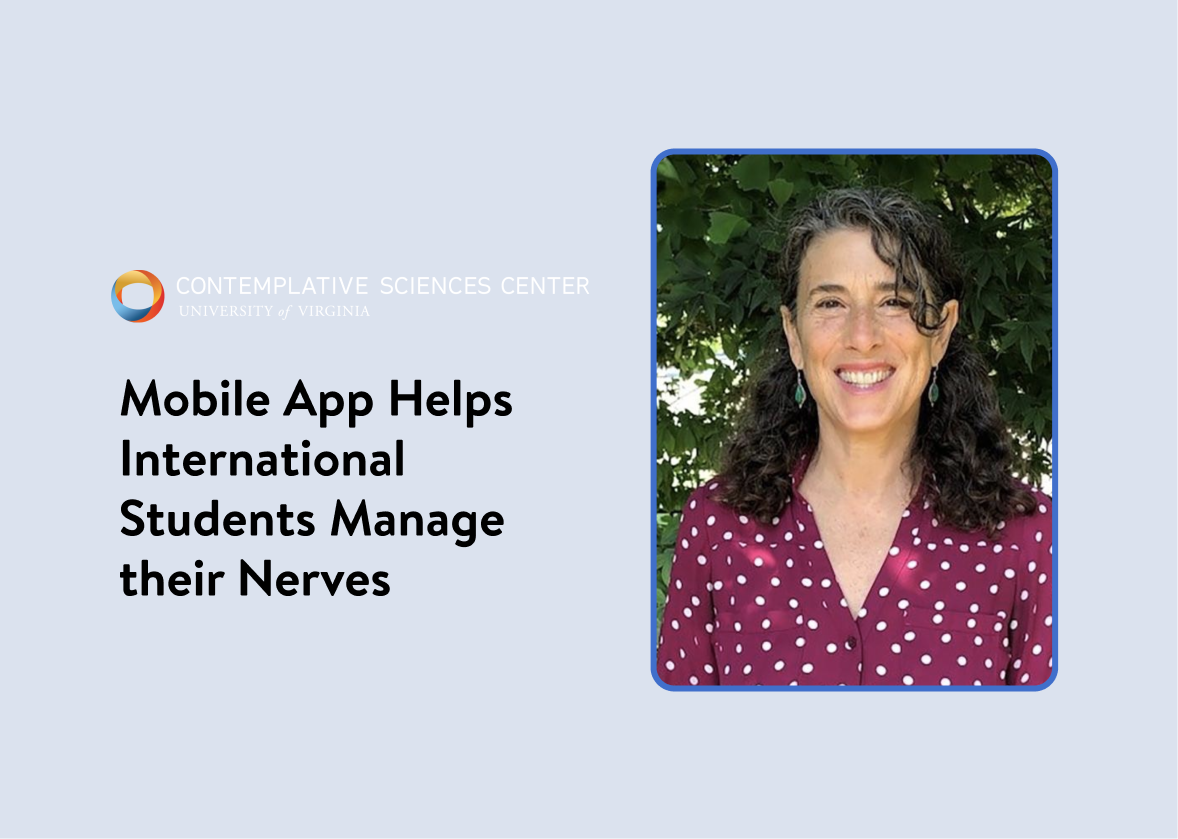I have spent many months talking with remote workers in the process of co-authoring Remote, Inc: How to Thrive at Work…Wherever You Are. Many have confessed that the transition to remote work has affected their sleep—which is why I wanted to get the sleep wisdom of Jennifer Piercy, a sleep expert whose Yoga Nidra for Sleep has been a great resource in my own working (and sleeping) life. Here are some highlights from our conversation, which you can also listen to in the library on Insight Timer.
AS: Your Yoga Nidra for Sleep has been my sleep secret for many years. How does your approach differ from other kinds of progressive relaxation or hypnosis techniques?
JP: My approach to sleep goes beyond Yoga Nidra, and Yoga Nidra itself goes far beyond sleep. Yoga Nidra is a spiritual practice; it’s about self-realization and the invitation to explore. What is the nature of awareness? And what does awareness feel like?
We could say all meditation practices are designed to facilitate that. But in Yoga Nidra, you practice this while lying down resting, and even sleeping.
Another unique emphasis is the awareness and exploration of opposites. When we practice welcoming opposite sensations, whether that’s in the body or other emotional sensations, it helps us develop our capacity to be with, rather than react to, various states and sensations that are coming and going.
AS: That integration of opposites could be really helpful in this moment when offices are reopening. I hear so many people thinking in this really dualistic way: Am I going to be an office person or a remote person? But we have an opportunity to think beyond the binary of work and home; to feel our energetic states at the office or at home, and look for ways of integrating those energies so that they aren’t dependent on where you’re literally sitting at any given moment.
JP: Yes, it doesn’t have to be all or nothing; either I’m on or I’m off. I’m interested in supporting a kind of re-enchantment with sleep where we see sleep as so much more than just a knockout for eight hours. Not unconsciousness, but part of consciousness. This aligns with your approach of not seeing the workday as this straight-up, work-for-eight-hours kind of thing. We’re actually much more like forces of nature rather than machines.
AS: It’s interesting you bring up the eight-hour workday, because one thing we talk about in the book is that in the overnight transition to remote work, a lot of organizations just ported the 9-to-5 workday to Zoom. And yet the power of remote work is in being able to work with the schedule of our own bodies. How do you go about reconnecting to your own natural rhythms?
JP: The first thing is to be more connected to your body and to practice actually listening to your “messengers of tired”. There are so many ways we can back off into a more restful state, like turning away from the screen for five minutes and closing our eyes. Or maybe it is a dance break or putting our bare feet on the ground.
We can only actually focus well on something 45-90 minutes at a time. What a lot of people do is they just bulldoze over that and assume they need to just push and keep going. When they do that, their productivity or end result is not as good as if they actually gave in to the tiredness and let themselves do something else.
When you rest, even if all you do is just close your eyes and reduce the amount of information and stimulation coming at you through the visual field, you are opening your vision; you’re going into that inner vision which is far vaster than what your physical eyes can take in. It opens your imagination, and I can’t think of any job where your imagination opening wouldn’t be helpful in some way. So we need these little brain breaks, like turning away from the screen with your eyes closed. Even small little things like that can be super helpful.
AS: I used to be a night owl who had trouble falling asleep, but now I am also a middle-of-the-night waker upper, and a super early morning waker upper. What do you recommend for those different types of problems?
JP: I don’t see waking up at night as sleep dysfunction; it is totally natural. The question is, do we get stuck there or not? Sleep cycles are constantly rising and falling like waves. It’s wonderful to just be with this rising sea, and ask, is there something that night consciousness actually wants to give you? When we are awake at night, it’s very different from being awake during the day; there’s a different kind of receptivity to night consciousness.
I’m not glossing over how challenging this can be when you really are stuck awake, and you can’t get back to sleep again. Often, there’s a lot of junk in the trunk that can come up because we haven’t taken enough time in the rhythm of the workday to just back off and process a little bit. That’s why these little breaks are so helpful. It’s not just physical replenishment, but emotional and mental processing so that when we do then try to lie down later at night for a longer period of rest, we don’t have all this backlog of stuff that says, “Hey, pay attention to me!” So resting more during the day, and even taking naps, can actually help with not feeling stuck with waking at night.
There are also certain tools you can use, like the cognitive shuffle, where you basically scramble your thoughts to sleep. You think of a random word, like “flow”. For each letter in that word, you think of random things that start with that letter. So you think of things that start with F until you’re tired from the effort. Sometimes it doesn’t take long before you fall back asleep, or you just move on to the next letter. Then you think of random disparate things that start with that letter. It’s a way to be the DJ; to go in and scratch the record and change your thoughts and signal to your mind, “We don’t need to make sense right now. We need to go into the nonsensical dream world.”
AS: Can we use that altered state of consciousness as a resource for your working life, or is that a recipe for sleep disruption?
JP: There’s a tendency to think of sleep as a time away from life, or sleep as time away from work, rather than a potential deepening into whatever is most important to us. We could say the brain thinks even more in rest and sleep because all kinds of intelligent processes are turning on and becoming much more alive in these states. When you enter sleep, you have direct access to these invisible realms of intelligence. Your sleep mind is designed to work on things for you, to mastermind and make connections in ways we can’t actually take in when we’re just focusing on things from a limited, waking-world perspective. That’s its jam. That’s its natural way of being.
The Dalai Lama says that sleep is the best meditation. Sleep itself is a meditation practice that is already built into our biology. Every night, when we let go into sleep, that letting go is a deep, profound meditative practice. It’s built into you.








